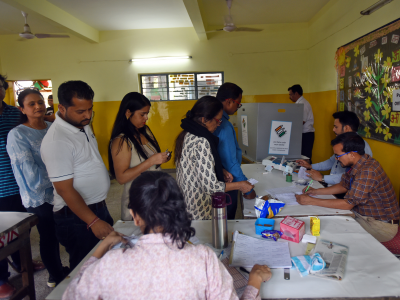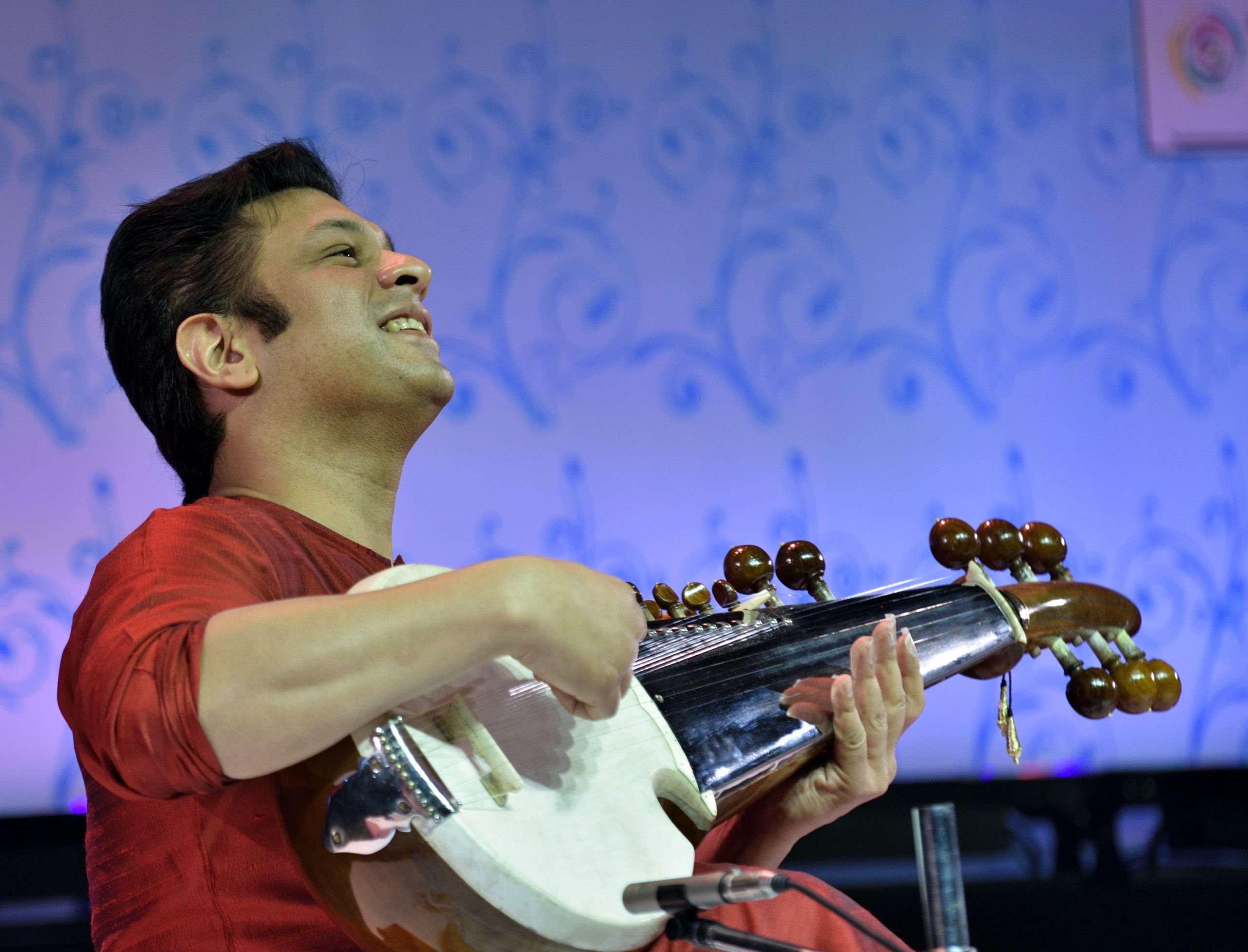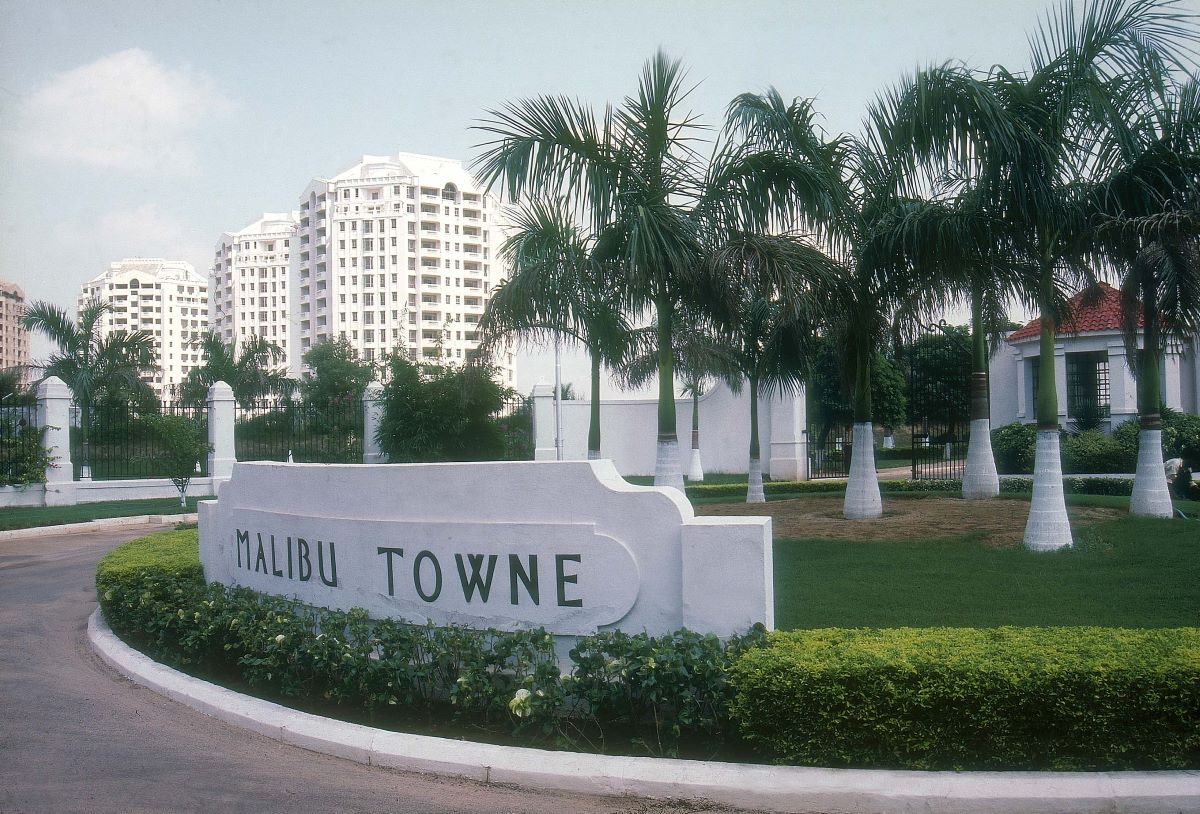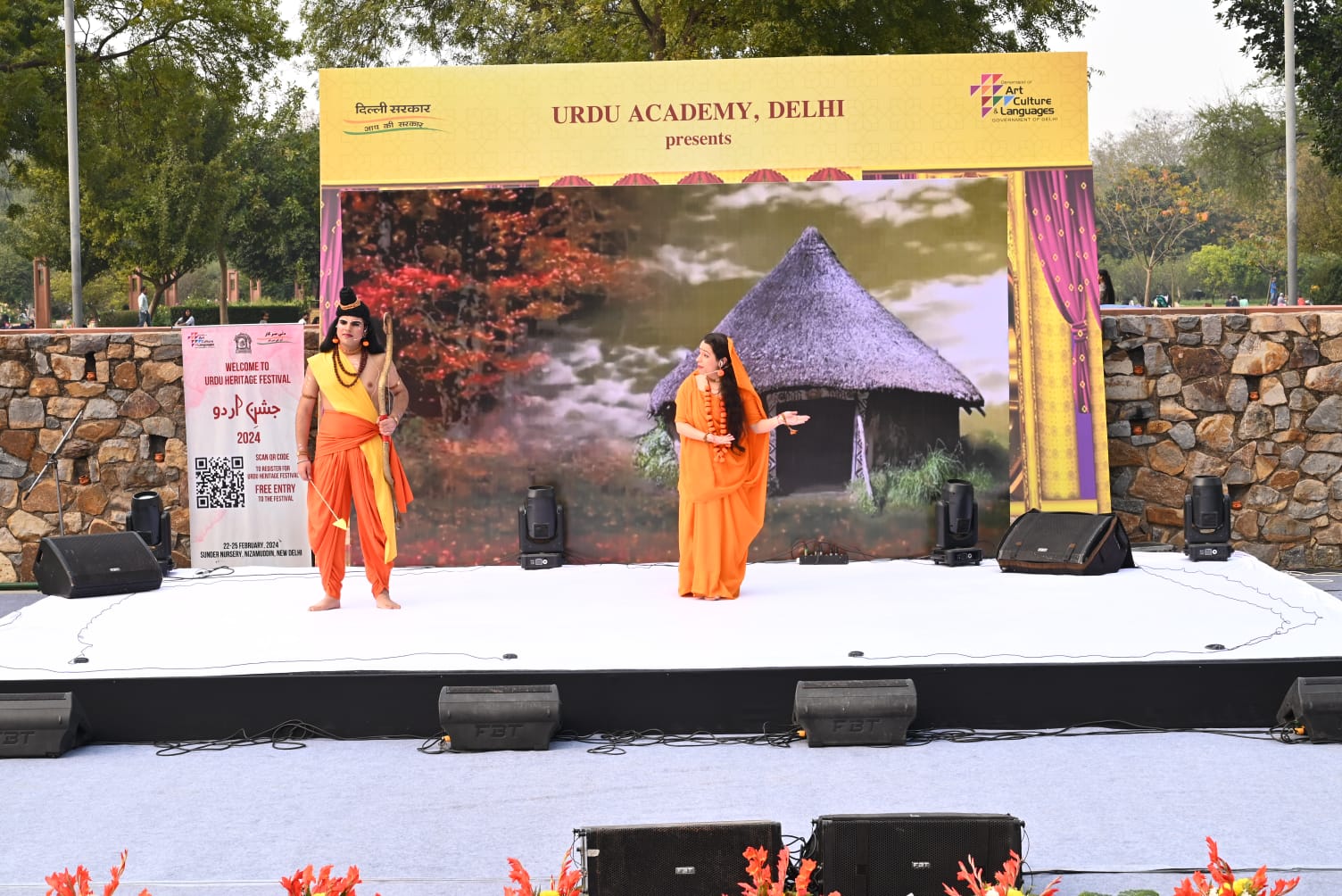Coaching institutions in north Delhi’s Mukherjee Nagar, with their high-sounding promises, continue to lure aspirants from across the country
‘Dedicated to excellence’; ‘Ranked No. 1.’; ‘Most trusted’.
One simply cannot miss these tall and ambitious claims splashed across countless bright-coloured hoardings in various fonts, as one steps into Mukherjee Nagar, the Mecca of civil service aspirants.
Over 400 institutions, small and big, have sprung up here, drawing thousands of hopeful students every year from all parts of the country. The dingy bylanes with dangling electric cables are abuzz with students rushing back and forth carrying their study material and backpacks. The sidewalks are choked with hawkers selling the study material.
Plastered with flyers of coaching institutes and paying guest accommodation, the walls of the institution buildings are barely visible. Posters promising classes with ‘Sujit Sir, Ankul Sir and Rakesh Yadav Sir’ cannot be missed. Right after the results of Union Public Service Commission exams are announced, the institutions go into a frenzy of advertising. Huge banners displaying the photographs and names of students, who have apparently succeeded in cracking the test, are put up, along with an occasional handwritten thank you note to make it look more convincing.
The advertisements don’t stop there. The narrow steep staircases leading to the classrooms are painted with the names of the courses offered by the centres in bold letters. Each step is dedicated to a course.
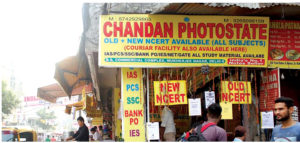
Dotted with scores of photocopying shops with boards that read ‘photostate’ ‘couriar’ and a variety of other misspellings, they could definitely do with a good spellcheck. These shops have photocopies of study materials — handwritten, typed, or straight lifts from printed material that is originally provided by the institutions.
Procuring them from candidates who failed to make the cut, these shops sell the notes at affordable rates. Notes have an advantage – they come pre-selected on particular subjects, complete with answers, a useful shortcut. Many of the stores even courier the study materials to various parts of the country. They could not care less about copyright issues.
Providing a variety of training programmes in both Hindi and English, the cost of the courses runs up to anything between Rs 1 and 2 lakh for the entire package. For optional subjects, the charge varies between Rs 15,000 – 50,000, even for smaller institutions. While reports suggest a success rate of less than 0.5%, these coaching factories do not shy away from claiming to have churned out several civil servants every year.
With over 100 students in some batches, the classrooms are crammed. Not only in the institutions, the students also have to adjust in tiny crammed apartments, sharing space with fellow students. Majority of the houses have transformed into illegal paying guest accommodation. Amidst all this, sometimes the students end up being exploited by landlords and coaching centres.
Portraying these struggles, a documentary titled A Million Questions is all set to be screened at a film festival in the city for the first time. The 56-minute film captures the endless efforts put in by millions of students in India who are stuck in this competition to secure a government job amid the issue of unemployment in India.
The film explores the life of protagonist Abhishek Gaur who has been trying to pass the exams for the past seven years and will be giving his last attempt before crossing the age limit. He, like many others, is now completely lost in the labyrinth of narrow streets of Mukherjee Nagar.
The director chanced upon his friend on the streets after many years and on learning for how long the protagonist had been taking coaching, decided to go ahead and make the film. “There is a job security and it assures a roof over your head. It comes along with other perks too,” says Mayukh, who will be taking the exam for the fourth time.
It is not unusual to see those who fail to make the cut, mostly at the last stage of interview, ending up training other aspirants or opening their own coaching institutions. This is quite a common scene at Jawaharlal Nehru University, where students who have failed to clear the exam, have put up posters offering training services to other hopeful candidates.
While scores of students continue to register themselves at the coaching centres, some of them are opting for online training. Charging way less than the coaching institutions, the online modules have different courses available and even provide complete guidance to the uninitiated. With very easy access to the Internet, the country might witness a shift in the coaching practices in the days to come.
The documentary will be screened at the Woodpecker International Film Festival on November 24, 4 pm.


